Commercial real estate is one of the most rewarding, and often misunderstood, paths in the property world.
Commercial real estate in Montenegro isn't as complicated as people make it out to be. But it's also not as simple as buying an apartment and renting it out.
Whether you’re an investor, entrepreneur, or someone simply curious about opportunities, learning how to get into commercial real estate can open doors to substantial income streams and long-term wealth building.
But if you’re wondering where the most money is in commercial real estate? Or how do you start with no experience? You’re not alone. Many beginners hesitate because of the jargon, capital requirements, and lack of clear guidance.
In this article, we’ll break it down step by step so you can confidently explore your place in commercial real estate.
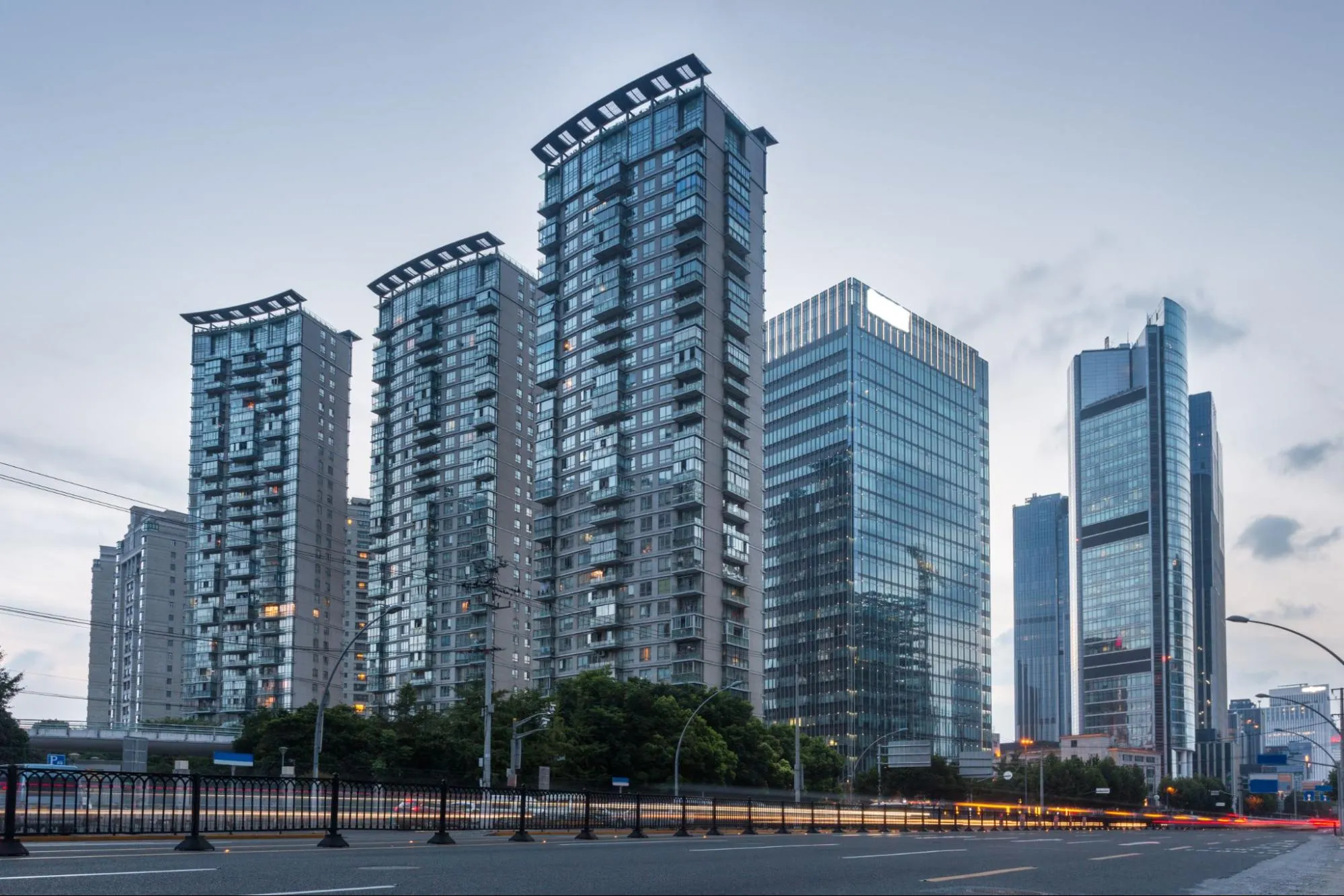
What Is Commercial Real Estate?
Before diving in, let’s answer the fundamental question: What is commercial real estate?
Commercial real estate means properties that make money from business activities. They can include:
- Office buildings
- Retail shops
- Warehouses
- Hotels and resorts
- Multi-family apartment buildings
Sometimes you get mixed-use buildings that combine several of these.
The key difference? These properties generate income through business operations, not just from someone living there. That income stream is what makes commercial properties valuable and potentially very profitable.
Unlike residential property, where your income comes primarily from rent paid by families or individuals, CRE tenants are businesses, which often means longer leases, higher returns, and more stable cash flow.
Montenegro's commercial market has been changing fast. Tourism growth along the coast created demand for hotels and restaurants. More international companies setting up offices in Podgorica means office space gets snapped up quickly. The country's location makes it attractive for logistics companies needing warehouse space.
But here's what most people miss: you don't need to understand every nuance of the market to make money. You just need to understand the basics and spot good opportunities when they come up.
Where is the Most Money in Commercial Real Estate?
Everyone wants to know where the most money is in commercial real estate, but the answer depends on a lot of factors.
It depends on timing and what you're comfortable with. Right now, there are strong returns in tourist areas like Budva, Kotor, and Tivat.
Hotels and restaurants can bring in serious money during peak season. But the downside is that everything shuts down in winter, so you need tenants who can handle seasonal cash flow.
Office buildings in Podgorica are hot. Not enough quality space for all the businesses that want it. Simple supply and demand. Good office space stays rented, and rents keep climbing.
Warehouses and industrial properties might sound boring, but they pay the bills. Companies sign long leases, take care of the space, and rarely cause problems. Less exciting than a trendy restaurant, but also less stressful.
Mixed-use properties with retail on the ground floor and offices above can be goldmines if you manage them right. Multiple income streams mean if one tenant leaves, you're not scrambling to cover the entire mortgage.
How Much Do I Need to Invest in Commercial Real Estate?
This is where people psych themselves out. They think you need millions sitting in the bank. Not true.
You can find small commercial properties for €100,000 or less. Maybe it's a tiny retail space or a warehouse unit.
I won't make you rich overnight, but it'll teach you how commercial properties work without risking your life savings.
For something more substantial, like a decent office building or retail center, you're looking at €500,000 and up. But you don't have to pay cash for everything. Commercial mortgages exist, though they're stricter than residential loans.
Most commercial loans want 20% to 30% down. So for a €500,000 property, maybe €100,000 to €150,000 plus closing costs. Substantial money but not the impossible amounts people imagine.
One important thing to note here is that banks care more about the property's income than your personal finances. If the building generates enough rent to cover the mortgage with money left over, that matters more than whether you've bought commercial real estate before.

How to Invest in Commercial Real Estate?
Just because you don't have €100,000 lying around doesn’t mean you can’t start investing in commercial real estate.
Most successful commercial investors started with less than you'd think.
You can partner with someone. Find somebody with money who doesn't have time, or someone with time who doesn't have money. Split the work, split the profits. Just get everything in writing and use a lawyer who knows what they're doing.
Some property owners will finance deals themselves. Maybe they want steady monthly income instead of a lump sum. Maybe they're in a hurry to sell. Sometimes you can buy a property with little money down if the seller carries the financing.
Investment groups are getting popular here. Pool money with other investors to buy bigger properties. You get a piece of a nicer building without needing all the capital yourself. You can also start a real estate fund.
Once you’ve decided to jump in, here’s a roadmap for investing:
Step 1: Define Your Goals
Do you want steady cash flow? Long-term appreciation? Tax benefits? Clarify your priorities so you can choose the right property type that suits your needs. Then go ahead with crafting a strategy.
Step 2: Understand the Local Market
Learn about Montenegro’s regions, zoning regulations, and economic drivers. Coastal towns tend to favor tourism-driven properties, while inland cities like Podgorica offer more traditional office and retail opportunities.
Step 3: Assess Your Budget
Speak with banks, brokers, and alternative lenders to determine what financing is available to you. Expect higher down payments and stricter lending criteria than residential properties.
Step 4: Research Properties
Work with a reputable broker to identify potential investments. Look for locations with growth potential and solid tenant demand.
Step 5: Due Diligence
Before closing, inspect the property, review the lease agreements, and make sure the property complies with all local laws and zoning.
Step 6: Manage the Property
Decide whether you’ll manage it yourself or hire a professional property management company.
How to Get into Commercial Real Estate with No Experience?
Everyone begins somewhere. Learning to invest in real estate is no easy task, but it can be done if you stay dedicated and have patience.
Commercial real estate rewards people who do their homework more than people with fancy credentials.
Learn your local market by driving around and paying attention. Start noticing small patterns like which areas are growing fast, which businesses seem busy, and where there are vacancy signs.
Go where commercial real estate people hang out. Business networking events, real estate investment meetings, industry conferences. Most deals happen through connections, not online listings.
Work with experienced brokers initially. You’ll have to pay commissions, but good brokers know things you don't. They see deals first, understand local market conditions, and have relationships with lenders and other professionals you'll need.
Start small and close to home. Don't try to buy a shopping center in some city you've never visited. Look for smaller properties in areas you understand.
Read about commercial real estate, but don't get stuck reading forever. Start looking at actual properties. You'll learn more from analyzing ten real deals than from a dozen theoretical books.
Commercial Real Estate in Montenegro
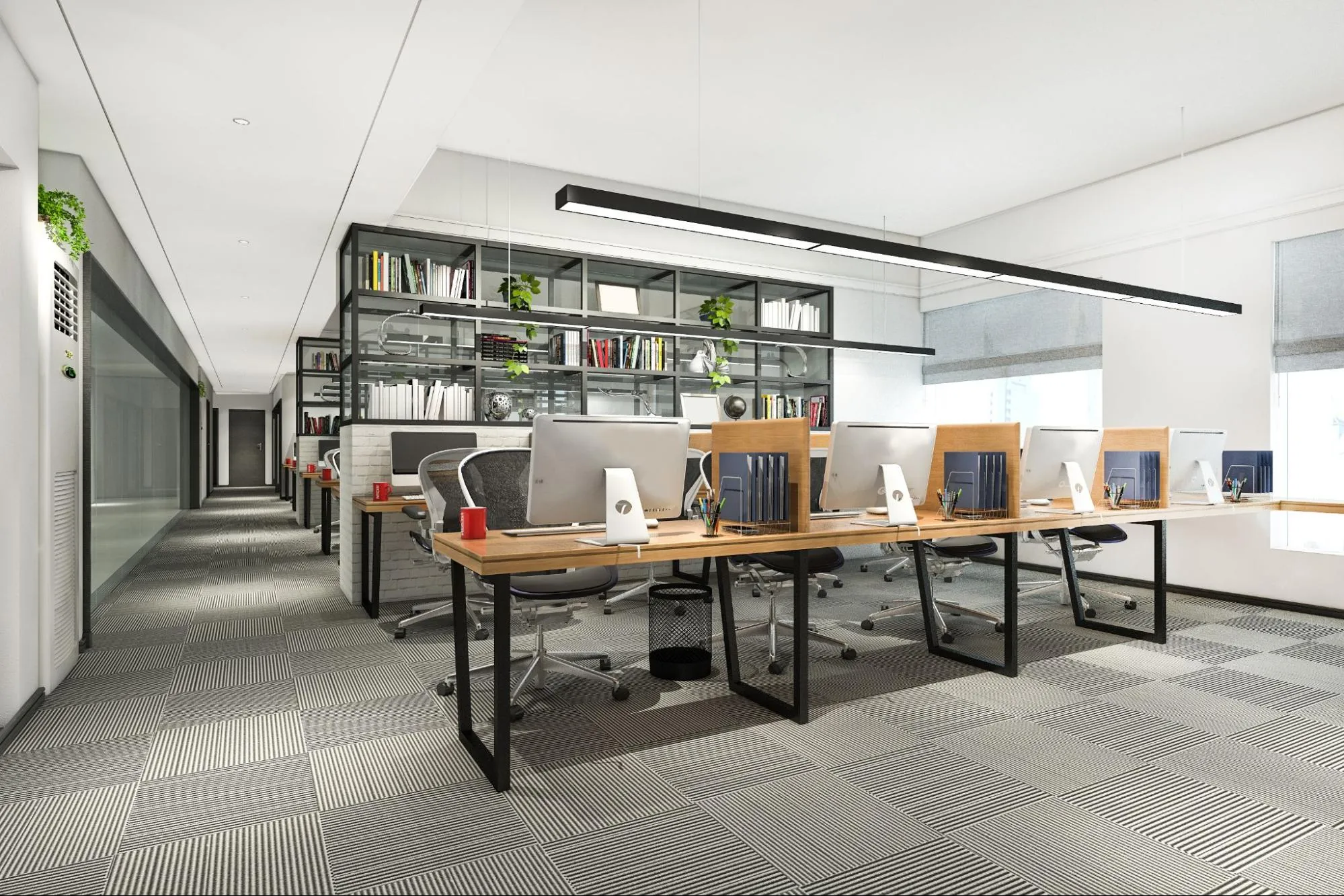
FCommercial property management is more complex than residential.
Due diligence matters more in commercial deals. Environmental problems, zoning issues, lease terms, market conditions, and many other factors can affect property value.
The biggest obstacle for most people is just getting started. They keep analyzing deals forever without ever making an offer.
Montenegro's commercial real estate market offers solid opportunities for people willing to learn and work. The market's still developing, which creates openings for smart investors to get in before everything becomes institutionalized.
Even if you have no experience, start small, learn as you go, and surround yourself with the right experts. The key is to take that first step.
If you’re ready to explore your options, contact our team today. We’re here to help you navigate the market, find the right opportunities, and start your journey in commercial real estate.
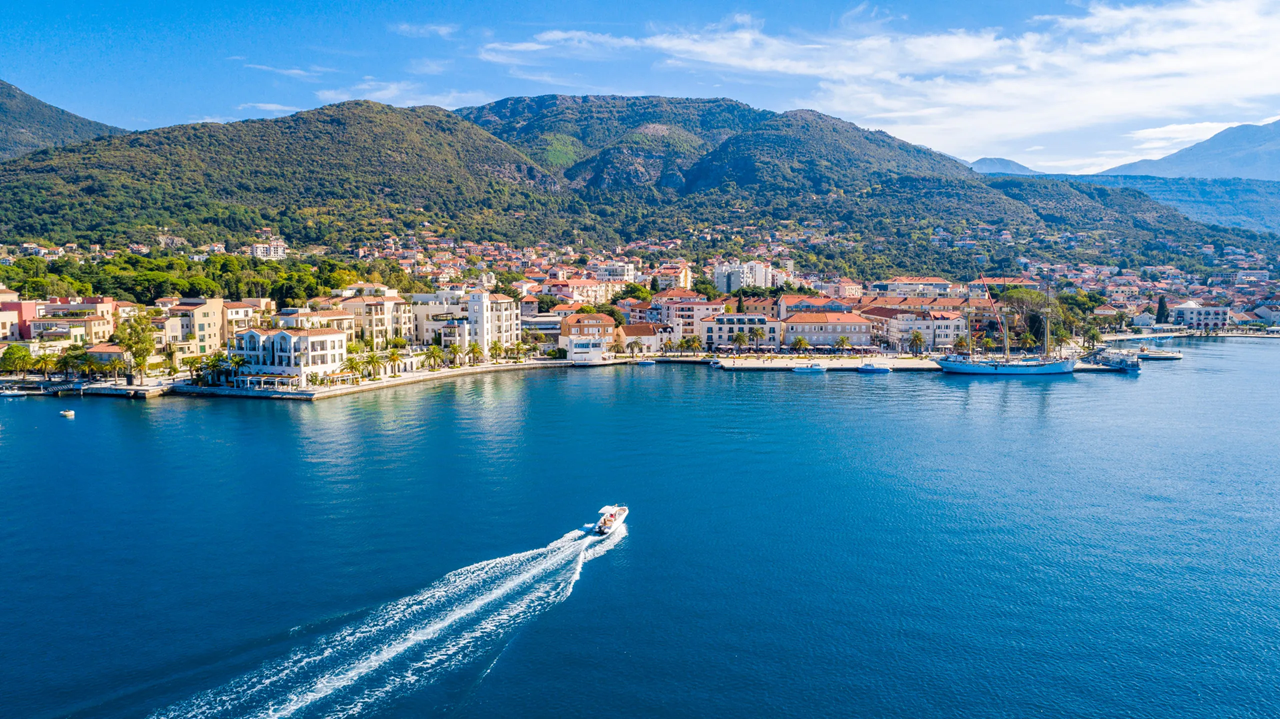

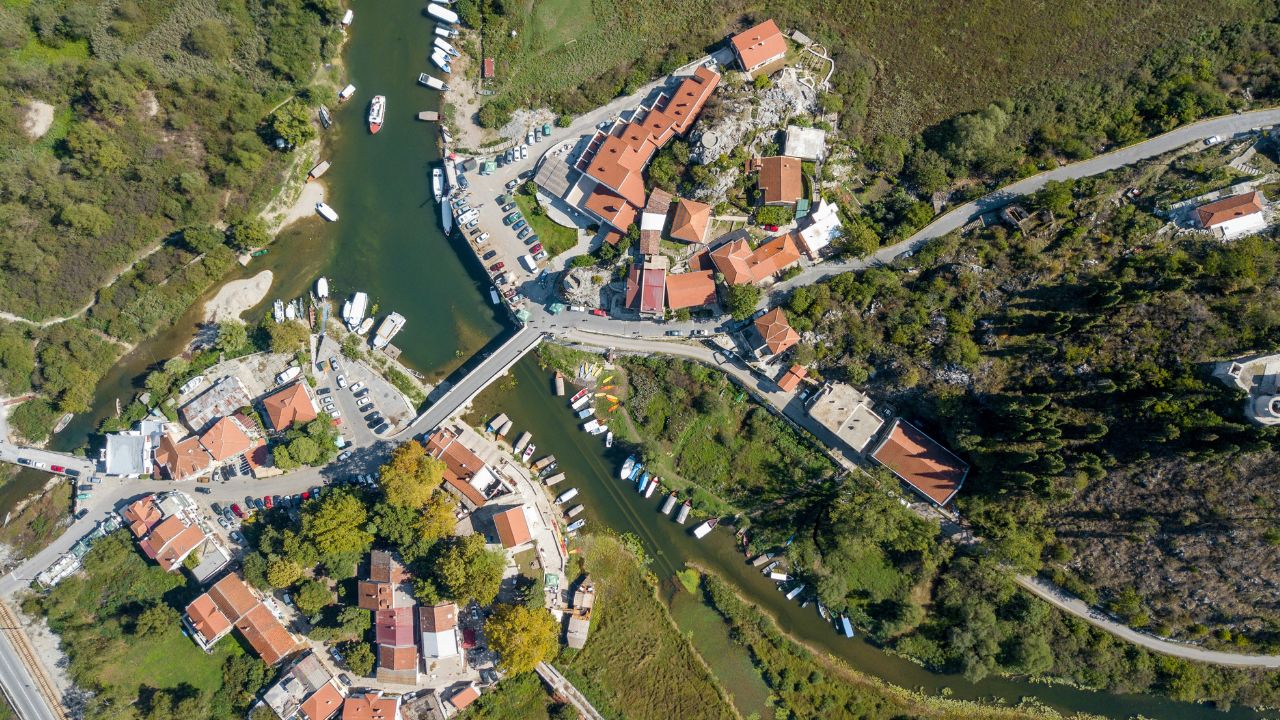
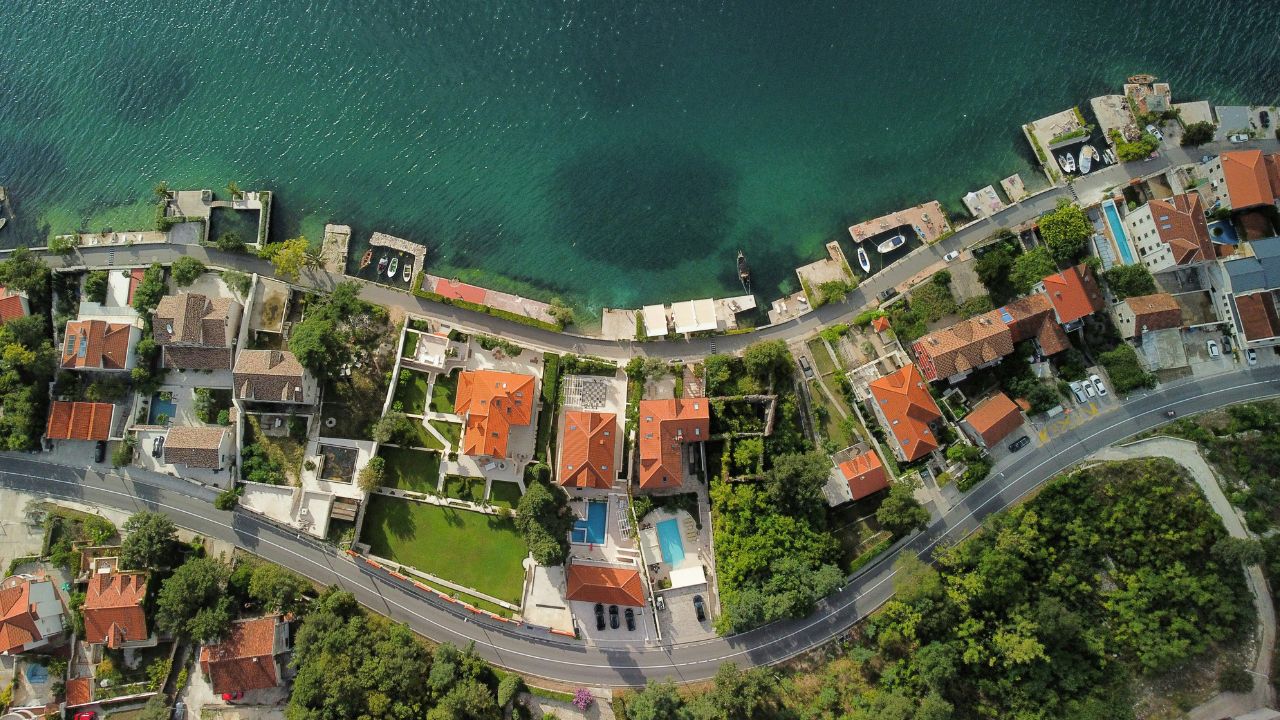



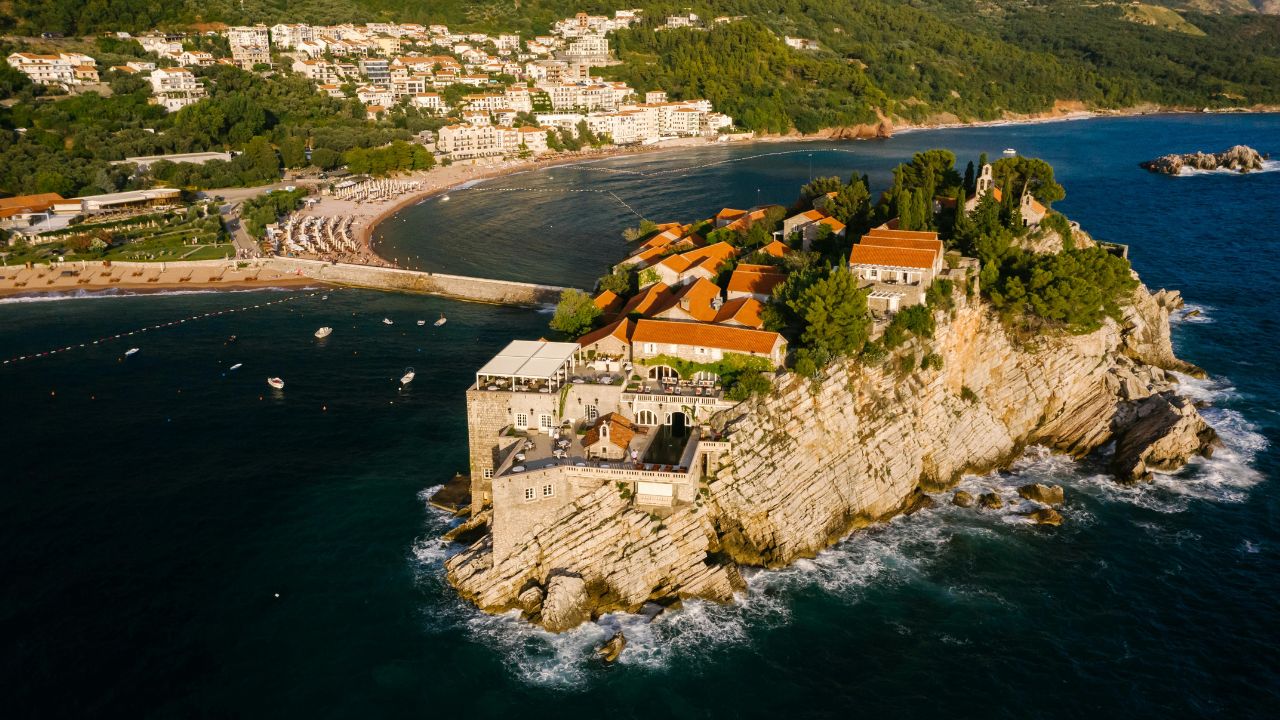

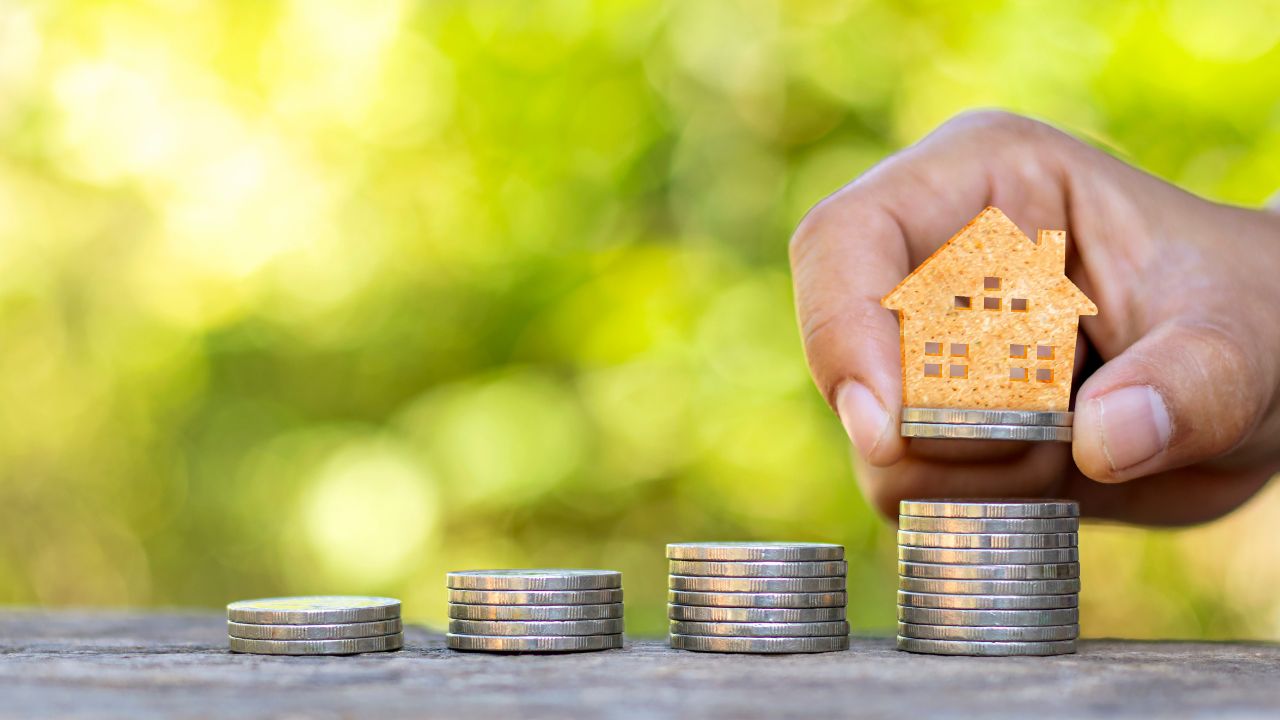



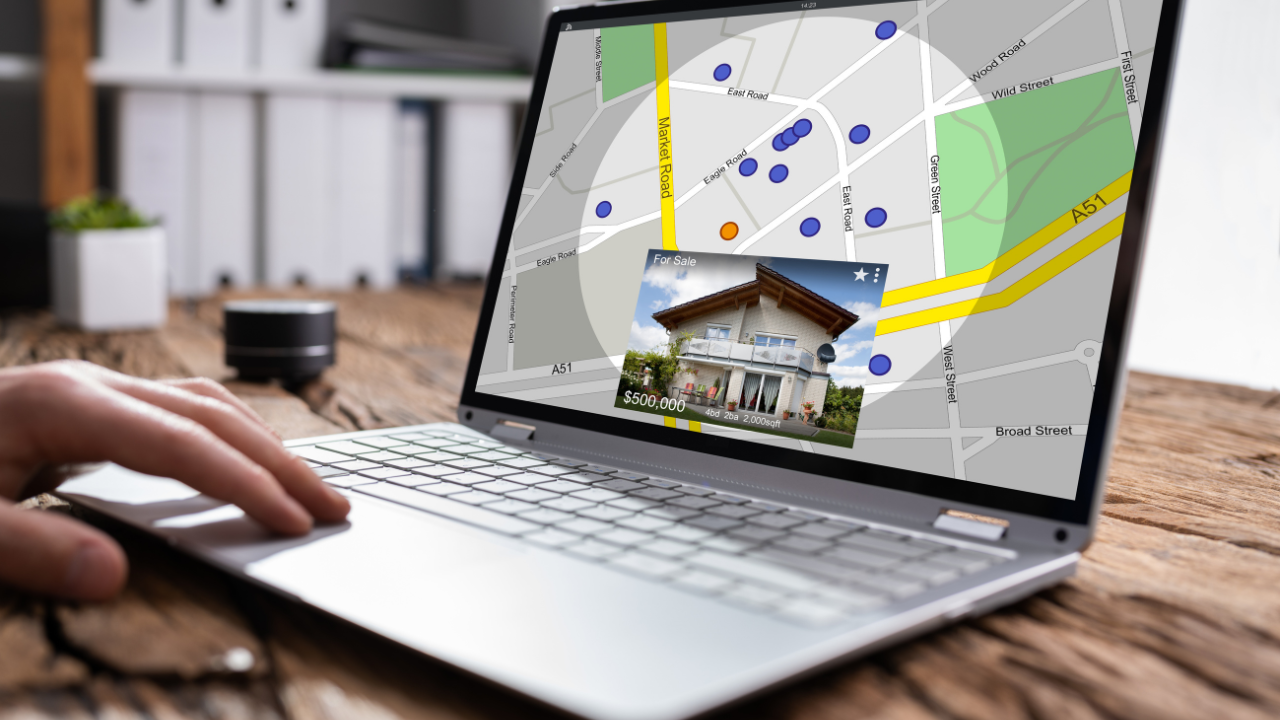

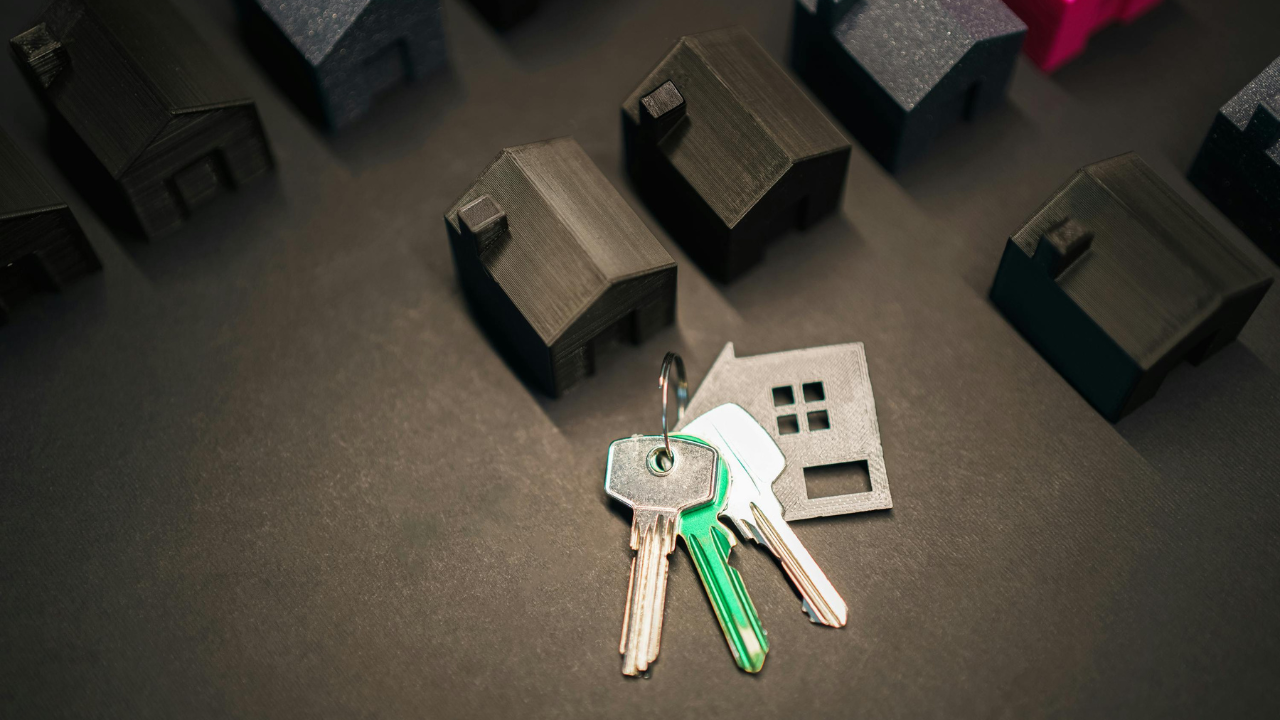
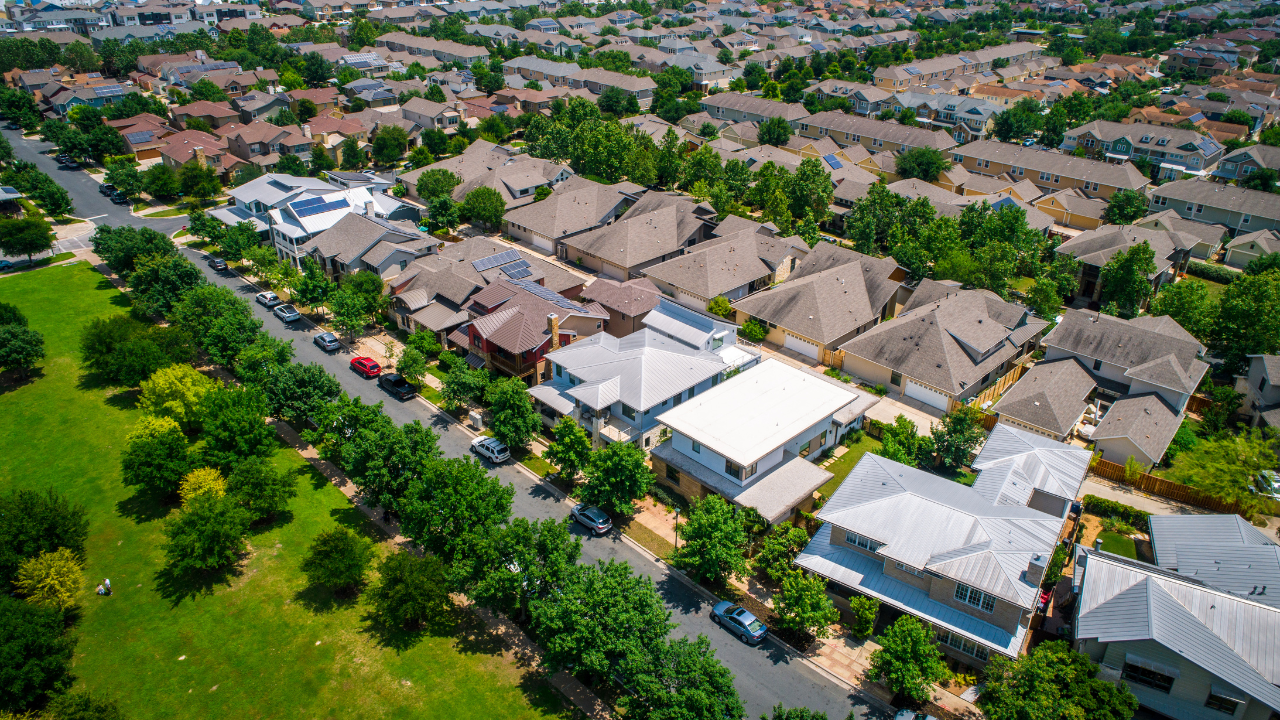
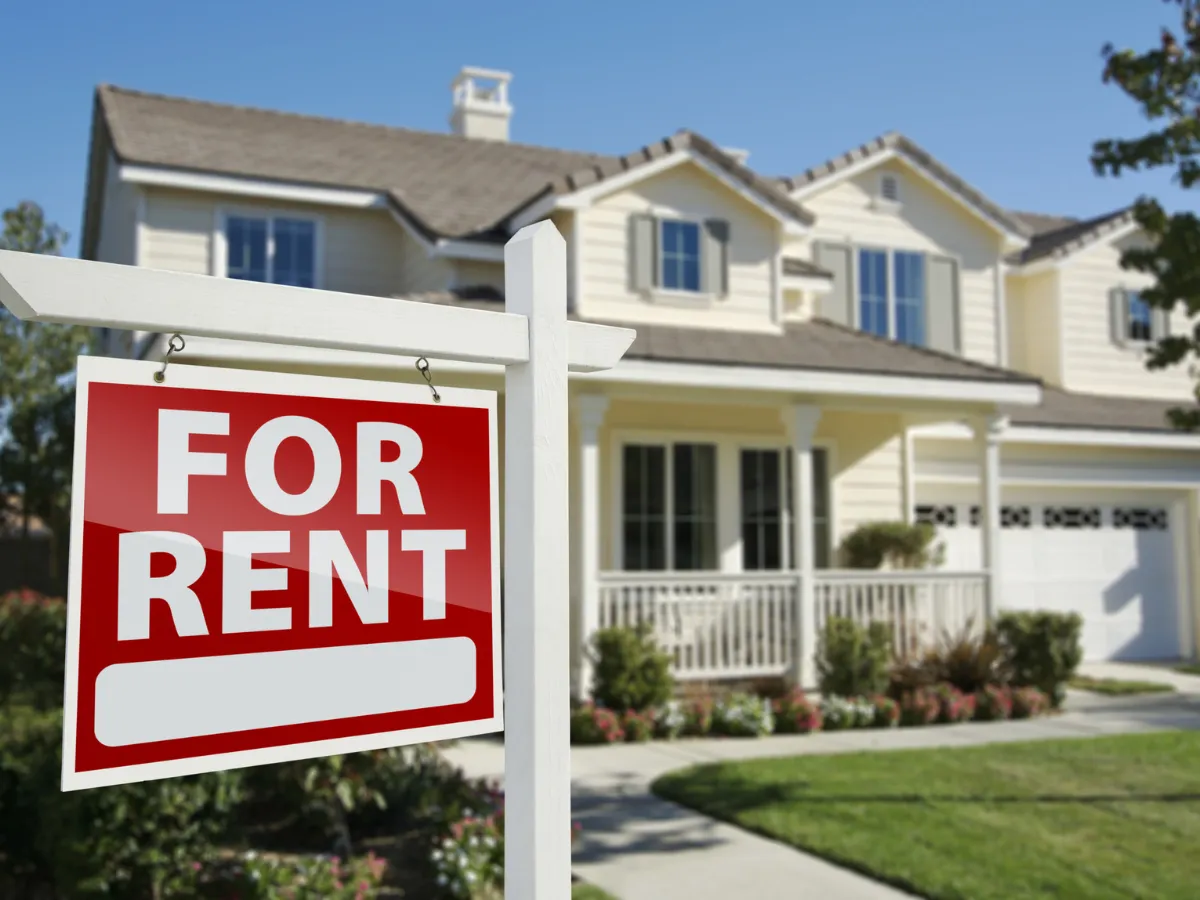
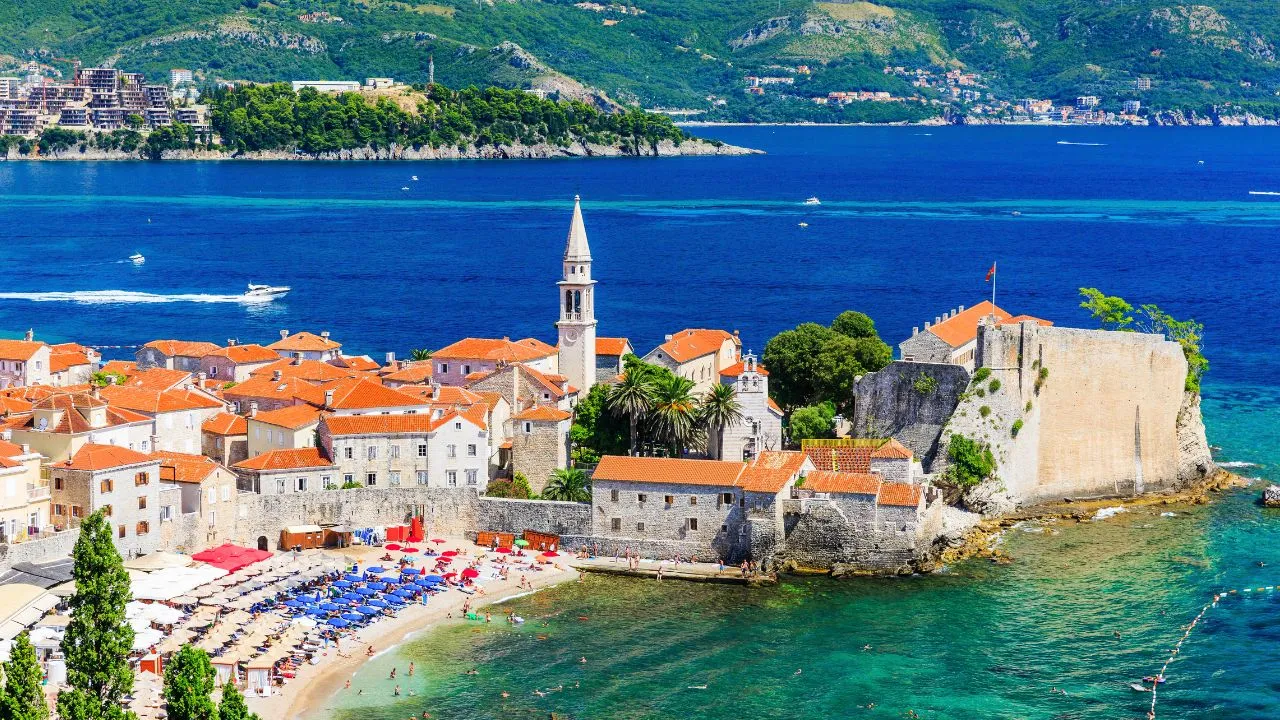
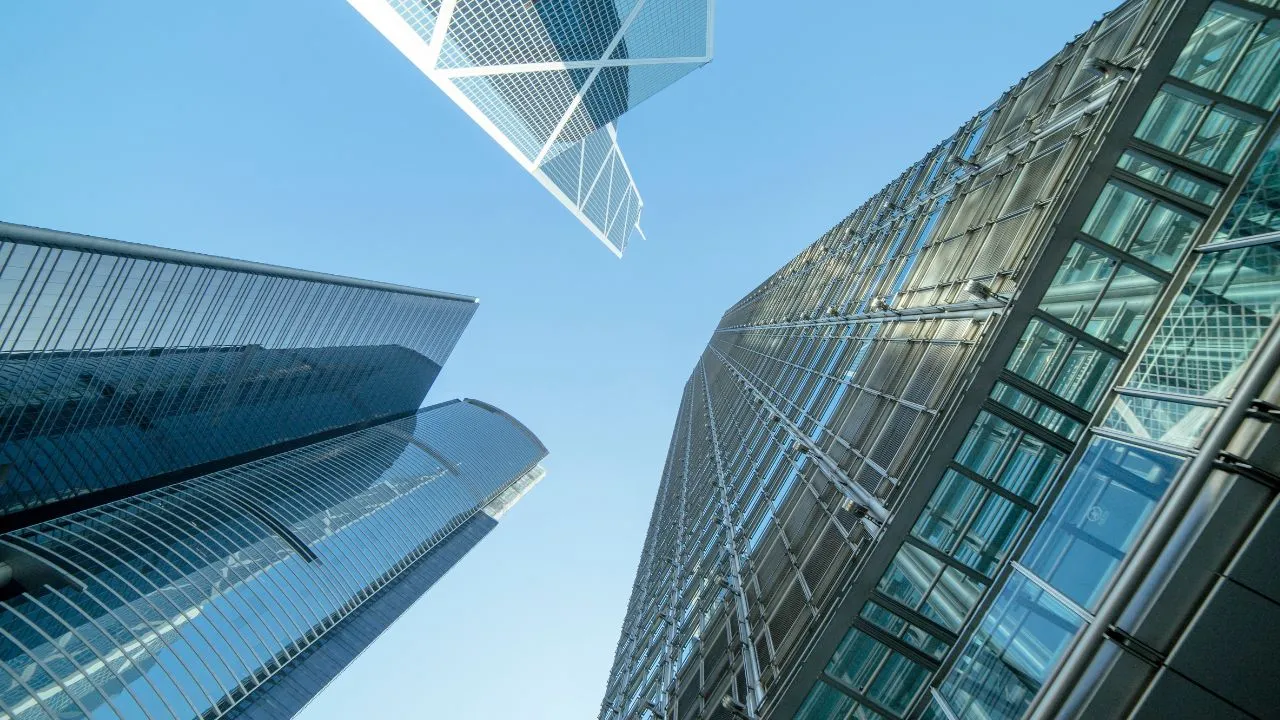



















.webp)

.webp)
.webp)

.webp)

.webp)
.webp)
.webp)

.webp)
.webp)
.webp)
.webp)

.webp)
.webp)
.webp)
.webp)
.webp)
.webp)
.webp)





.webp)

.webp)



















.avif)